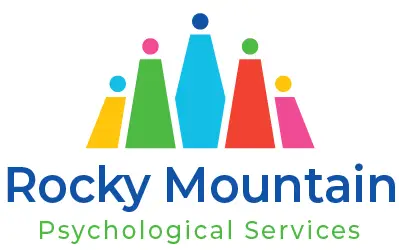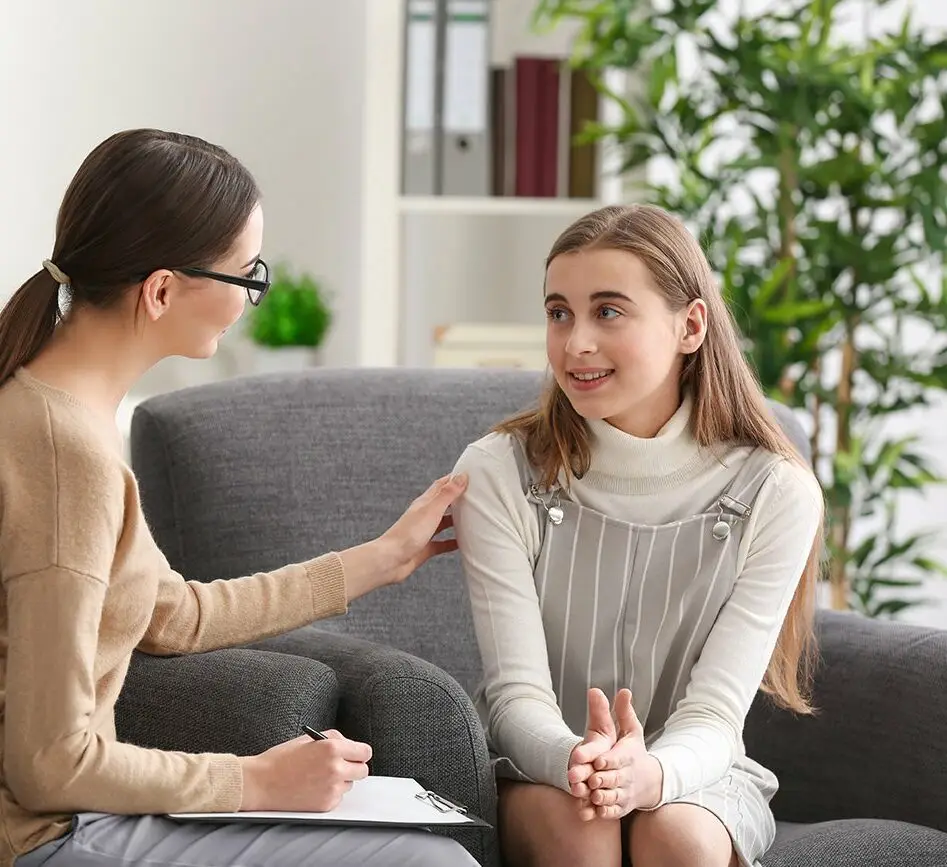Teen Counselling – FAQs
What issues can counselling help teens with?
Teen counselling can address academic stress, anxiety, depression, low self-esteem, peer pressure, bullying, family conflict, and identity exploration among others. It provides a safe, confidential space for adolescents to discuss challenges and develop healthy coping strategies.
Is teen counselling confidential?
Yes. Psychologists highly value confidentiality and discuss this with teens and parents. The psychologist will discuss with the parent and teen their expectation for how much of the teen’s counseling information will be shared with parents and how this will happen to ensure that the teen feels comfortable, the parents feel comfortable, and confidentiality is maintained. There are generally two exceptions to this: if there is a safety issue or if the psychologist is ordered by a Judge to share information. If there is a risk of harm to the teen or others, certain information may be shared with parents, guardians, or other professionals to ensure safety. Transparency and predictability is important to us at RMPS, so how this process works and when a psychologist would share confidential information is discussed with parents/guardians and the teen at the beginning of therapy and during the therapy process.








